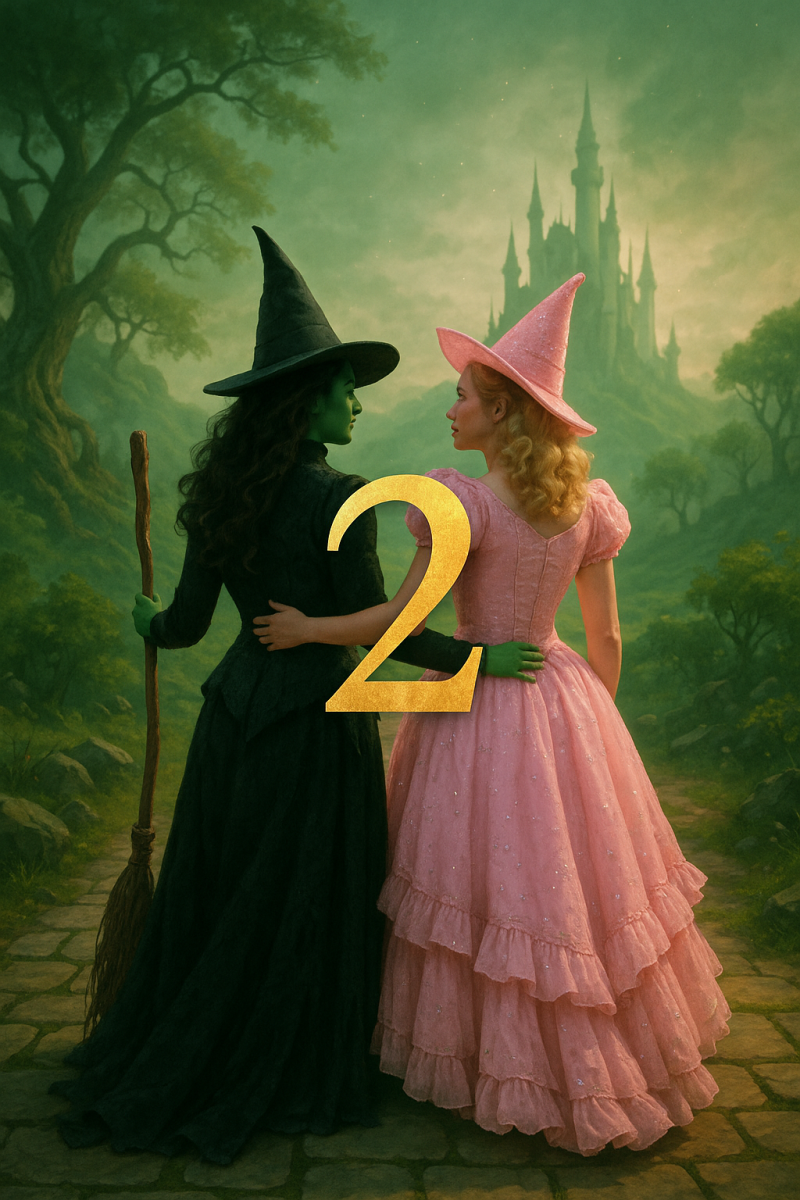Every year as Oscar season makes its way into film discussion, it seems there’s always a conversation around “Oscar bait”, prestigious dramas, historical pieces, war films, artistic musicals, films backed by aggressive for your consideration campaigns that are meant to appeal to Oscar voters and receive awards and critical acclaim, and by extension, more publicity, films like Emilia Perez, The Deer Hunter, or Les Miserable. While the term is theoretically neutral, it has often been used in a negative sense, not necessarily used to describe films aiming to be Oscar winners, but rather poor quality films made to pander to critics that were poorly received by audiences. This trend doesn’t exist in a vacuum, it has existed for decades, with the term occasionally shooting into prominence thanks to specific films.
It only makes sense to begin a discussion of Oscar bait with its current apotheosis, Emilia Perez, a crime musical that didn’t particularly make major waves with general audiences, being met with a mixed to negative response from audiences, despite being received well by critics, and being met with middling reviews on audience review sites such as Letterboxd. In spite of this, Emilia Perez was nominated for a total of 13 Oscars, including two nominations for best original song, and a nomination for best picture, being chosen over films such as Challengers, leading to the film being brought into the public spotlight, and in turn, to massive backlash on the film.
One of the key criticisms of the film being its use of representation, with many criticizing it’s trans lead for treating her being trans as a spectacle rather than an aspect of her character, while also getting basic facts wrong, such as her “smelling like a man” when hormones massively impact body odor, as well as its portrayal of the Mexican drug cartel, treating the circumstances around the cartel as individual, one bad apple, rather than actual systematic problem that need to be addressed. This, along with the director’s comments on the groups featured in the film, led many people to view the representation of the film as something to pander to Oscar voters, receiving praise for portraying marginalized groups, regardless of the quality of said representation.
This concept of representation as a tool to garner votes is hardly a new concept, nor is the concept of Oscar bait, notably though, while the term had existed in film circles for decades, it wasn’t a common talking point among general audiences, at least, until 2004. Crash, a crime drama taking place in Las Angeles had gone relatively unnoticed, being well received by critics and audience, receiving a 73% and 88% respectively, but not being a massive movie popularity wise that year, while also not winning anything at the Oscars’ sister show The Golden Globes, leading to many audiences being shocked at the movie receiving 6 Oscar nominations, as well as taking home best picture, beating out favored to win Brokeback Mountain.
This was most likely the most controversial best picture win in Oscars’ history, with audiences deriding the film in the wake of its win, a massive shift from its initial reception that still stands, with Letterboxd, a review site that didn’t exist upon Crash’s release giving the film 3 stars based on the opinions of over fifty thousand divisive reviews. One of the key talking points around Crash, especially for its aggressive for your consideration campaign, was its discussions of race and racism in America, which, while being well received by critics at the time, retrospective pieces, and even some pieces of the time lambasted how the film treated race, treating it as the fault of a few bad apples that simply exist independent of the system around them, racism is a strange thing with no basis in any systematic issues, and can be easily solved. While controversial in retrospect, many credit its wishy washy handling of sensitive subject matter as one of the reasons it managed to win, relative to its competition, Good Night and Good Luck, Munich, and especially Brokeback Mountain’s far more cutting commentary and handling of sensitive subject matter, Crash offering Oscar voters societal commentary that didn’t require them to question their place in a system of oppression acted as a strong bargaining chip.
While Crash was the film that popularized the term Oscar bait, various lower profile examples, or in some cases, famous films people didn’t know were Oscar bait have long existed before and after Crash. Pocahontas, the Disney film, is perhaps the most high profile film to be secret Oscar bait, years before the film’s release, Beauty and the Beast shocked the film industry by being nominated for best picture, then studio head Jeffery Katzenberg wanted a film that would break that glass ceiling, and thus, decided to heavily retool the film, aging up the main character from her real age to a young adult, making the film more so a tragic romance, as well as removing aspects such as the Native American characters speaking actual Powhatan. The film was so heavily expected to receive critical acclaim, to the point where animators working on another animated feature being produced at the time, The Lion King, were requesting to be moved onto Pocahontas.
While the film was generally received as boring on release, being praised for its animation but not much else, there was backlash against the film upon release, mostly for portraying the colonization of Native Americans within a kids film, attempting to both sides the issue, which many took issue with. Ultimately, the film failed to achieve the prestigious title of best picture Katzenberg wanted, with the film getting nominated for some music awards, which was hardly groundbreaking for an animated film, Disney films had long been achieving Oscar nominations for music, including some wins.
It is easy to write off Oscar bait as very small scale in the grand scheme of the film industry, and in many ways, this assessment isn’t incorrect, as Oscar bait is actually a symptom of a larger problem. Use of sensitive subject matter as an advertising vehicle is nothing new, there are of course various films that effectively handle real world problems, but when those problems are used to obtain prestige instead of having something to say, it can often come out transparently manipulative. It is always important to consider what the media you are consuming is truly saying, as in some cases, regardless of how it presents itself, it might be nothing.
Categories:
A History of Oscar Bait
Story continues below advertisement
0
Donate to Paw Print
$125
$1000
Contributed
Our Goal
Your donation will support the student journalists of Green High School. Your contribution will allow us to purchase licensing, equipment, software, and cover our annual website hosting costs.































